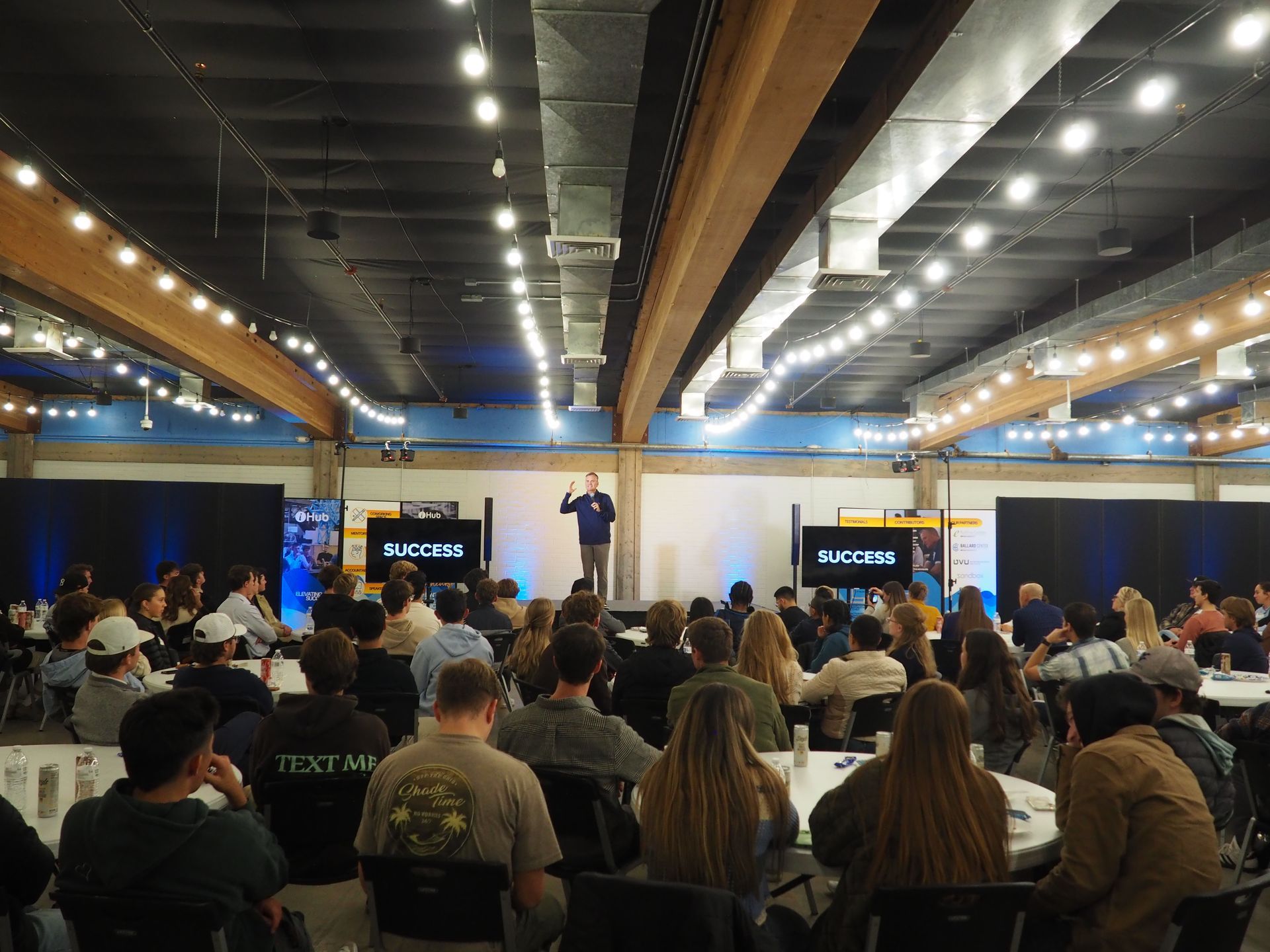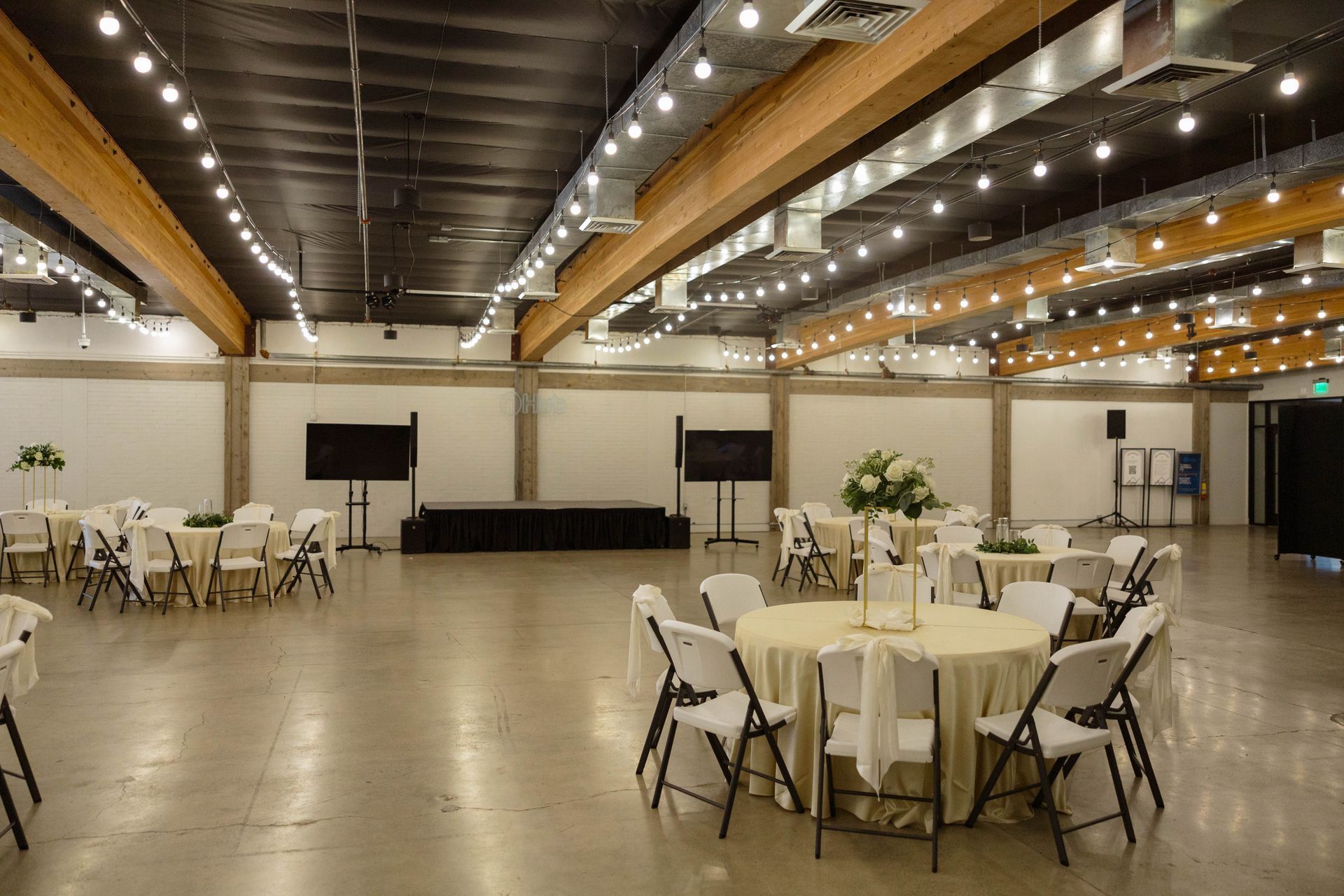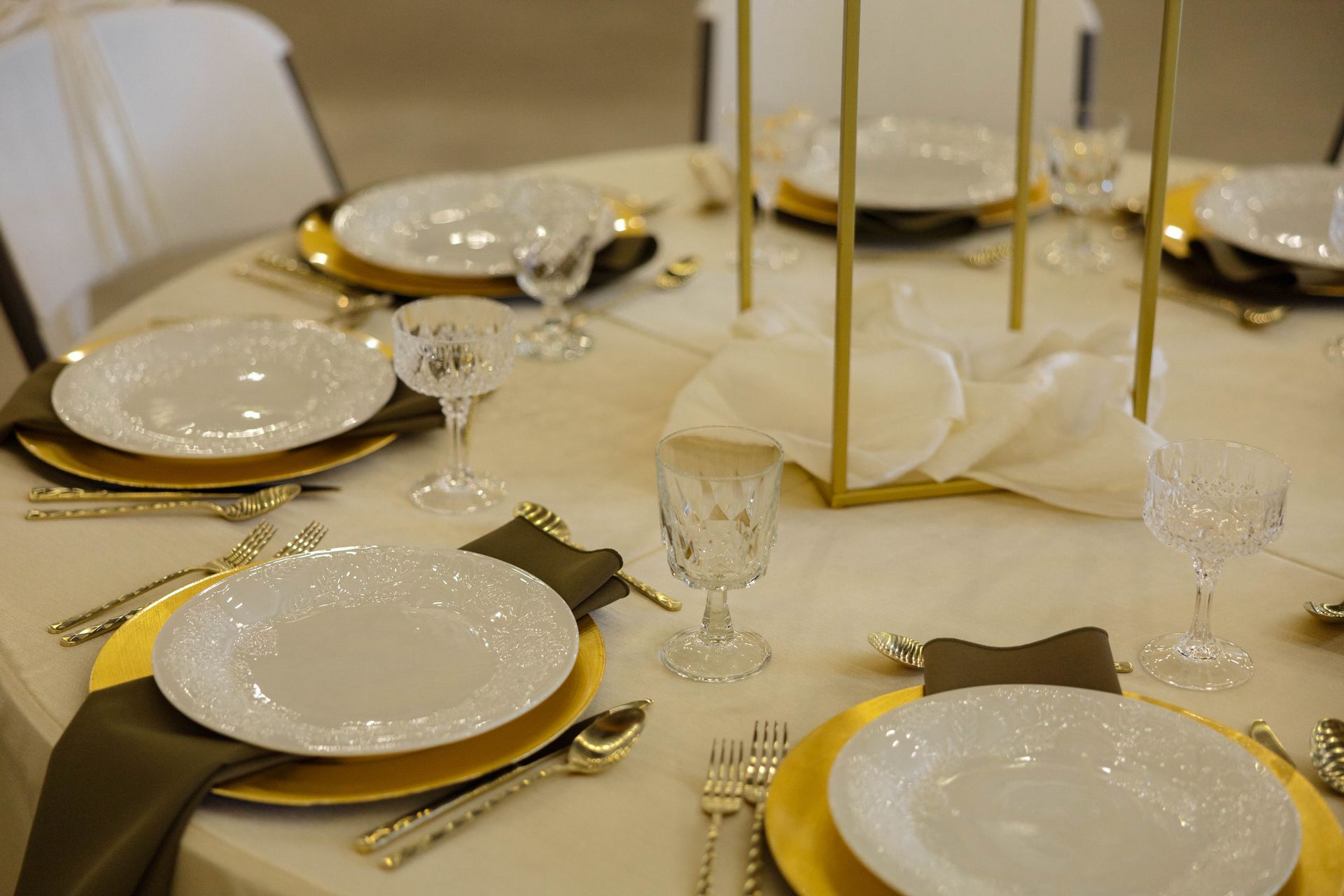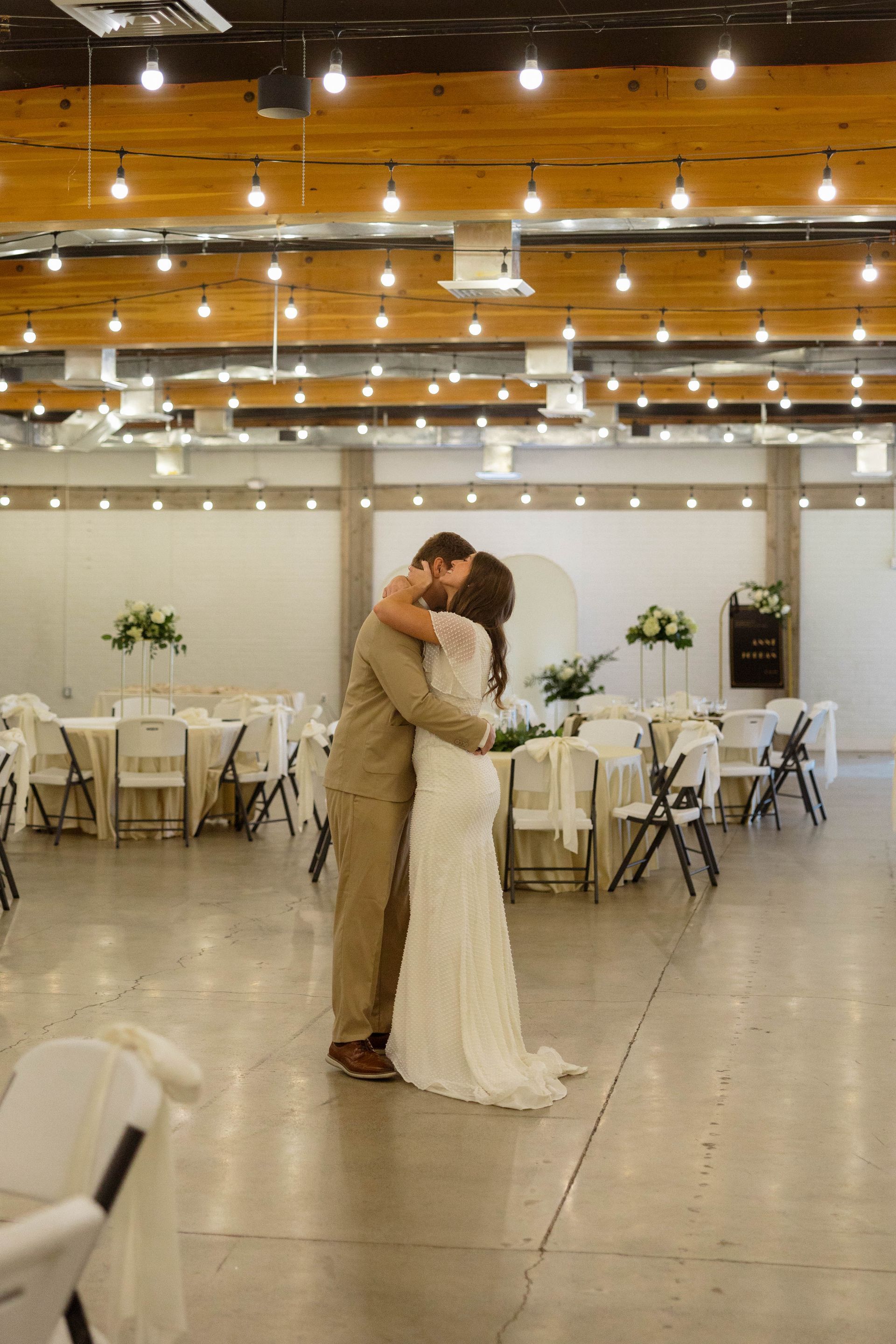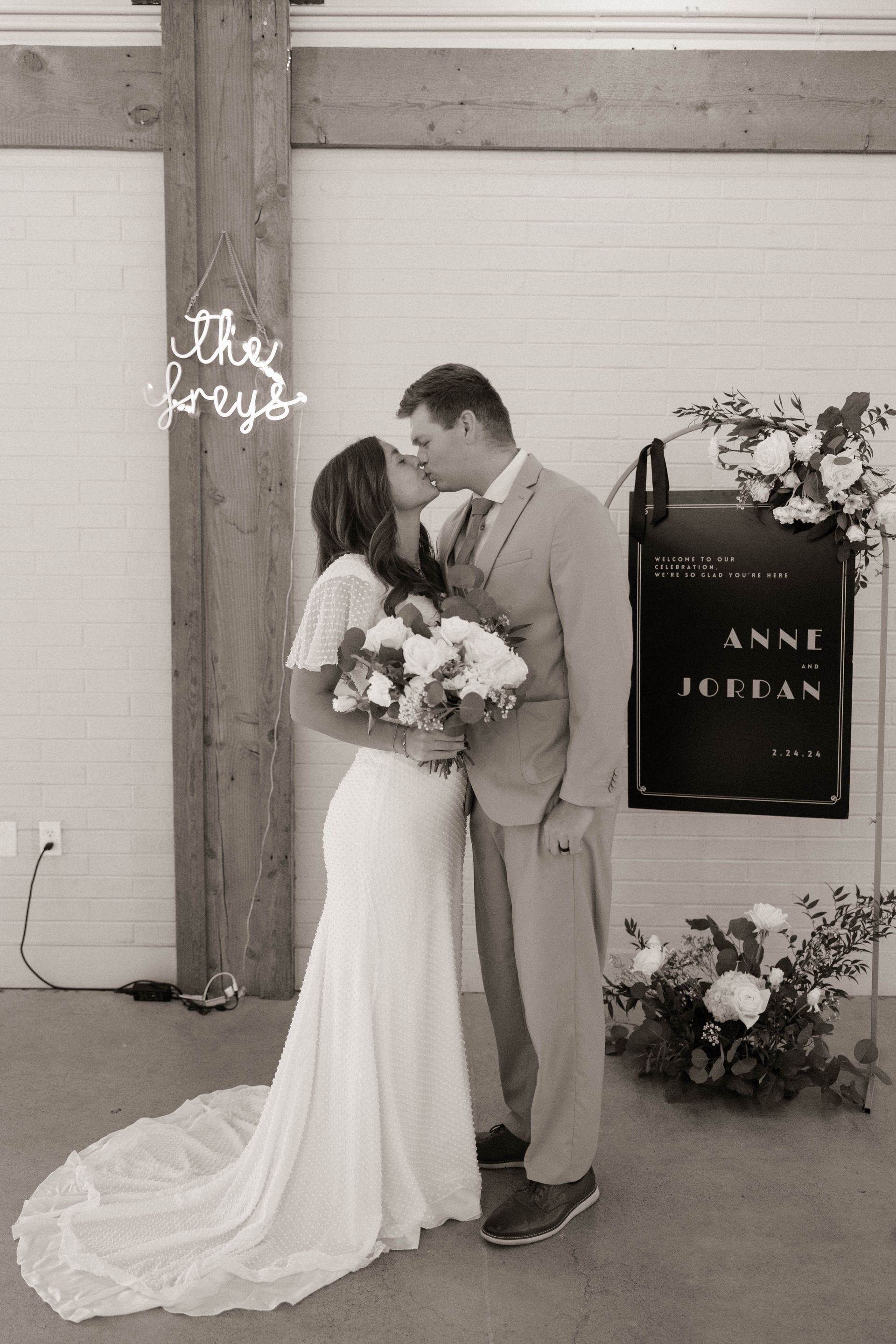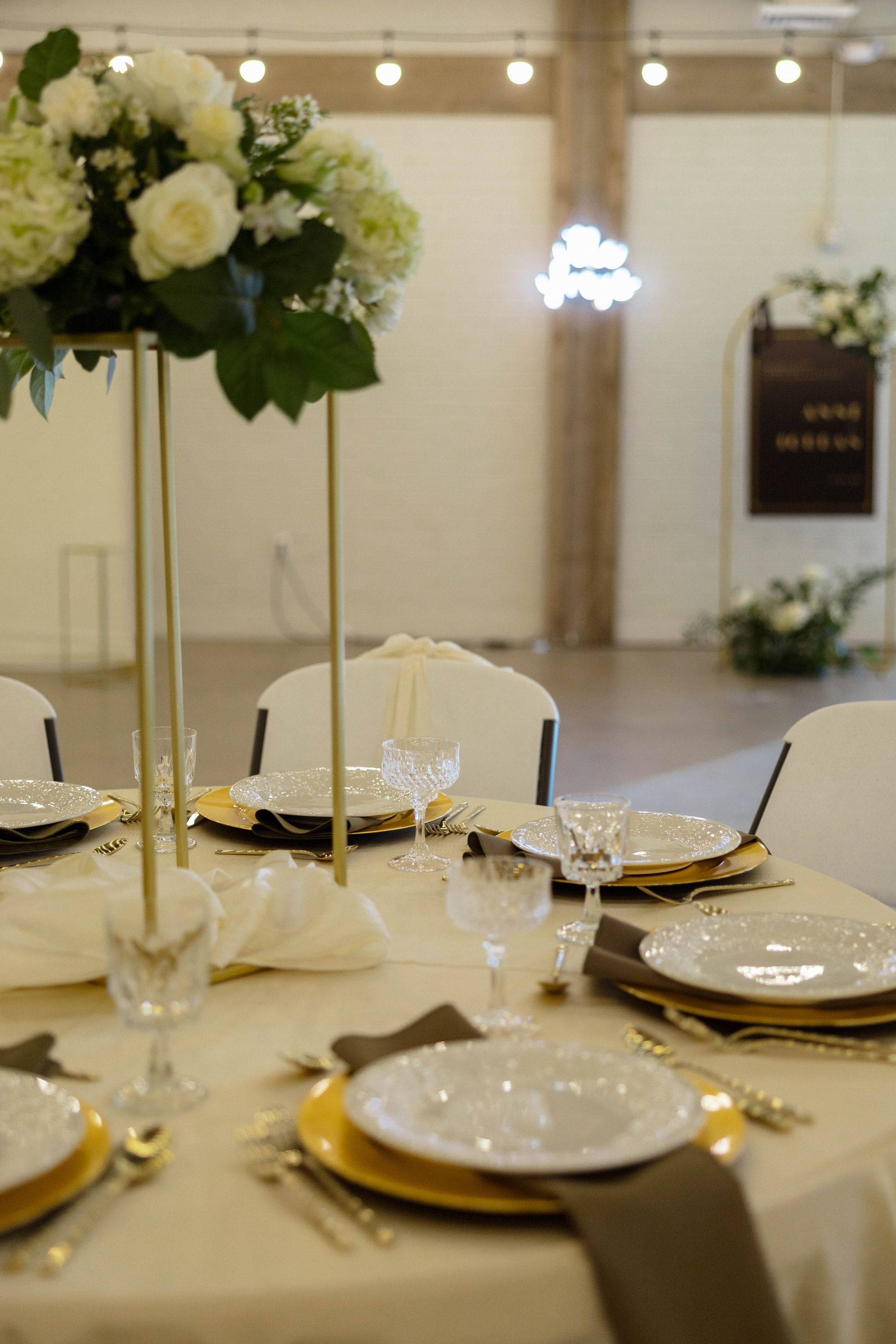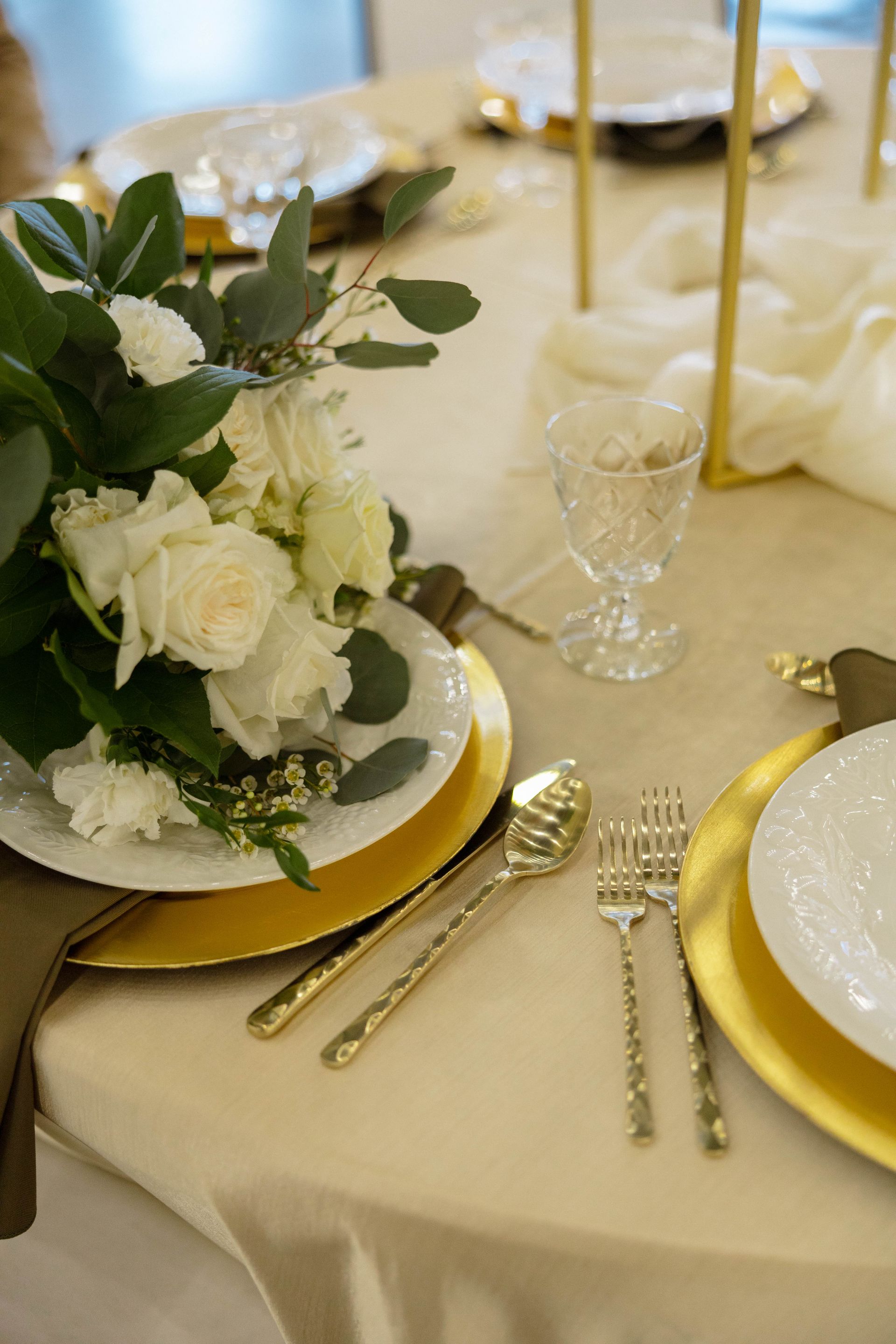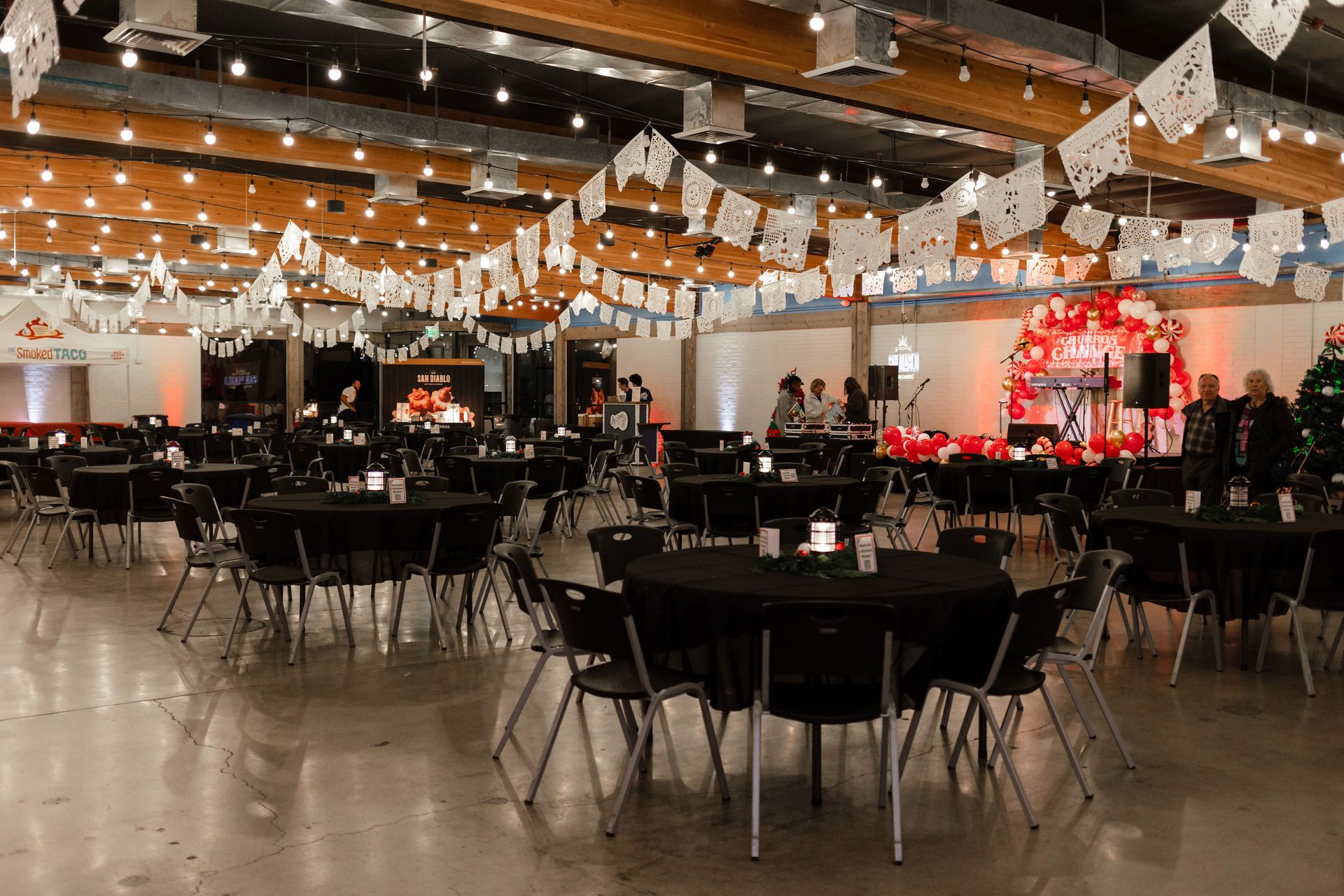
How to Host a Successful Business Seminar
Business seminars bring professionals together to learn, network, and grow. Whether you're planning your first seminar or looking to improve your next one, hosting a successful event requires careful planning and attention to detail. From selecting the right venue to engaging your audience, every element plays a crucial role in creating a memorable experience.
Hosting a successful business seminar requires strategic planning across several key areas: defining clear objectives, selecting an appropriate venue, creating valuable content, managing logistics efficiently, promoting effectively, and following up with attendees afterward. By focusing on these core elements and paying attention to attendee experience, you can create an event that delivers real value and achieves your business goals.
In this comprehensive guide, we'll walk through the essential steps to plan and execute a business seminar that impresses attendees and delivers meaningful results. Whether you're aiming to educate clients, build your brand, or generate leads, these practical tips will help ensure your next business seminar stands out for all the right reasons.
Define Your Seminar's Purpose and Goals
Every good seminar starts with a clear purpose. Before you plan anything else, decide what you want to achieve.
Ask yourself why you are holding this seminar. Do you want to teach new skills? Share information about your industry? Build your network? Promote a new product? Your answer shapes everything that follows.
Set measurable goals for your seminar. Maybe you want 100 people to attend. Or you hope to get 20 new client leads. Perhaps you aim for 90% positive feedback. Having clear goals helps you know if your seminar succeeds.
Choose the Right Venue
Your venue sets the tone for your whole seminar. Look for a place that matches the feeling you want to create.
A good venue needs several things:
- Enough space for all your guests to sit comfortably
- Good sound so everyone can hear speakers
- The right technology for presentations
- Easy parking or access to public transportation
- Proper heating or cooling
Visit places in person before you decide. Check how the room looks and sounds. Make sure there are enough bathrooms and that the space works for people with disabilities.
Create Valuable and Engaging Content
People come to seminars to learn something useful. The knowledge you share must be worth their time.
Plan talks that solve real problems your audience faces. Focus on things they can use right away. Mix different types of learning like lectures, discussions, and hands-on activities.
Choose speakers who know their subjects well and can talk in an interesting way. The best speakers tell stories, use examples, and connect with the audience. If you will speak, practice until you feel comfortable.
Develop a Strong Agenda
A well-planned schedule keeps your seminar moving smoothly. Create a timeline that makes sense.
Start with welcome and introductions. Put the most important topics early when people are most alert. Add breaks so people can rest, network, and check their messages.
Give each activity enough time, but not too much. When things run too long, people lose interest. Share the agenda ahead of time so attendees know what to expect.
Interactive Elements to Consider
People learn better when they take part in activities. Add ways for attendees to get involved.
Try these interactive elements:
- Question and answer sessions after talks
- Small group discussions about key topics
- Hands-on workshops where people practice new skills
- Live polls or surveys using mobile phones
- Team challenges related to your topic
These activities help people remember what they learn. They also make your seminar more fun and help attendees meet each other.
Handle Logistics Efficiently
Good planning behind the scenes makes your seminar run smoothly. Pay attention to all the details.
Create a master checklist of everything you need to do before, during, and after the event. Include items like ordering food, setting up registration, testing equipment, and preparing handouts.
Assign specific tasks to team members. Make sure everyone knows their responsibilities. Check in regularly to make sure things are on track.
Registration and Check-in Process
Make it easy for people to sign up and arrive at your seminar. A smooth start sets the right tone.
Use online registration that works well on both computers and phones. Ask only for information you really need. Send clear confirmation messages with all important details.
On seminar day, have enough staff at the check-in table. Prepare name tags ahead of time. Consider using technology like QR codes to speed up the process.
Technical Setup and Testing
Technology problems can ruin a seminar quickly. Test everything before your guests arrive.
Check all equipment the day before:
- Projectors and screens
- Microphones and speakers
- Internet connection
- Lighting
- Recording equipment if you plan to record
Have backup plans ready. Bring extra cables, batteries, and even a spare laptop. Know who to call if something breaks. Test everything again early on the day of your seminar.
Promote Your Seminar Effectively
Even the best seminar needs good promotion to attract attendees. Start marketing early and use many channels.
Create a compelling description of your seminar. Explain clearly what people will learn and why it matters to them. Focus on the benefits they will get from attending.
Use different ways to spread the word:
- Email invitations to your contact list
- Posts on social media
- Announcements in industry groups
- Paid online ads
- Personal invitations to key people
Send reminders as the date gets closer. Share exciting previews of what attendees will experience.
Leveraging Social Media and Email
Social media and email can reach many potential attendees quickly and cheaply.
For social media:
- Create a hashtag for your seminar
- Share speaker profiles and topics
- Post countdown reminders
- Consider making short video previews
- Ask partners and speakers to share with their followers
For email marketing:
- Send a first announcement at least 6-8 weeks before
- Include all important details like date, time, place, topics, and cost
- Send reminder emails 2 weeks, 1 week, and 1 day before
- Make your subject lines interesting so people open your emails
Both methods work best when messages are short, clear, and show the value of attending.
Provide Outstanding Hospitality
How you treat attendees affects how they feel about your whole seminar. Make comfort a priority.
Offer good food and drinks throughout the day. Hungry people cannot focus well. Have coffee, water, and snacks available during breaks. Provide a good lunch that works for different diets.
Pay attention to room temperature, comfortable chairs, and good lighting. Small things like having enough power outlets for charging phones can make a big difference.
Encourage Networking Opportunities
Many people attend seminars partly to meet others. Help them connect in meaningful ways.
Plan specific times for networking. This could be during breaks, at lunch, or at a reception after the main event. Create activities that help people talk to each other.
Try these networking ideas:
- Ice-breaker activities at the beginning
- Assigned seating that mixes people from different companies
- Networking bingo or scavenger hunts
- Structured speed networking sessions
- A social event like a dinner or cocktail hour
Good connections made at your seminar add value beyond the content you present.
Gather Feedback and Follow Up
Learning what worked and what didn't helps you improve future seminars. Ask attendees for their thoughts.
Create a short survey that asks about different parts of your seminar. Include questions about the content, speakers, venue, and organization. Leave space for open comments too.
Send the survey right after the seminar when memories are fresh. Offer a small incentive like a useful download to encourage people to respond.
Post-Event Communication
Stay in touch with attendees after the seminar ends. This builds relationships and extends the value of your event.
Within a week, send a thank-you email. Include:
- Appreciation for attending
- Any promised materials or slides
- Photos or recordings from the event
- Next steps or ways to learn more
- Information about future seminars
This follow-up reminds people of what they learned and keeps your connection strong.
Host Your Next Business Seminar at The Boulevard
Planning a business seminar in Provo, Utah? The Boulevard offers the perfect setting for professional events of all sizes. Their elegant spaces and attentive staff create an atmosphere where ideas can flourish and connections can form.
The Boulevard specializes in a variety of events beyond business seminars, including wedding receptions, corporate events, private parties, birthday celebrations, charity galas, product launches, and graduation parties. Their versatile spaces can be customized to match your specific seminar needs, whether you're hosting an intimate workshop or a large industry conference.
Their professional team understands what makes business events successful. From state-of-the-art audiovisual equipment to customizable catering options, every detail is handled with precision. Their central Provo location offers convenient access for local and out-of-town attendees alike.
When you're ready to plan your next business seminar, contact The Boulevard to schedule a tour and consultation. Their event specialists will work closely with you to create a seamless experience that impresses your attendees and achieves your business objectives. With their expertise supporting your vision, your next business seminar is sure to be a memorable success.

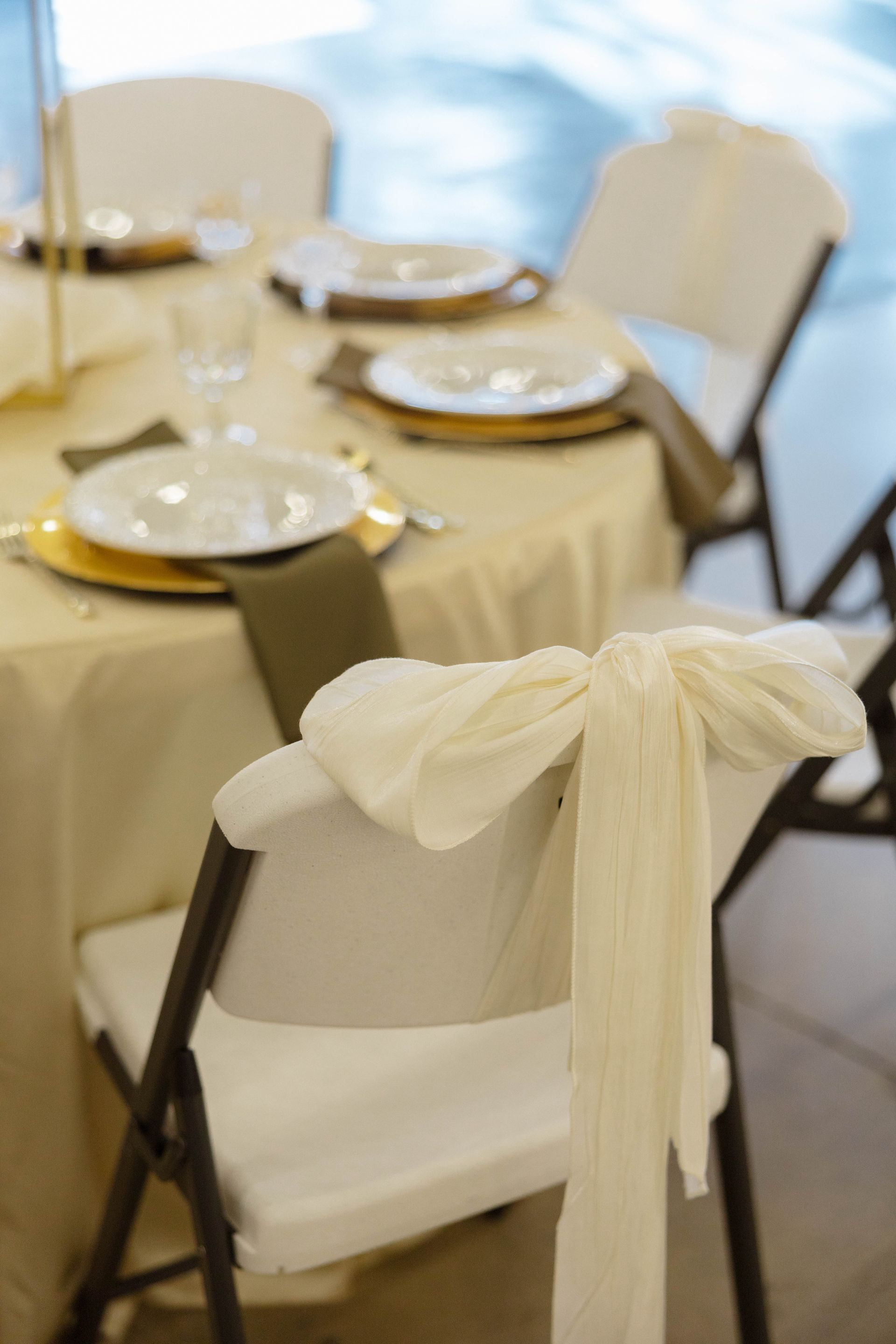
Contact Us
We will get back to you as soon as possible.
Please try again later.
Get in Touch
Contact Information
Address:
1555 Freedom Blvd 200 W Provo, UT, USA
